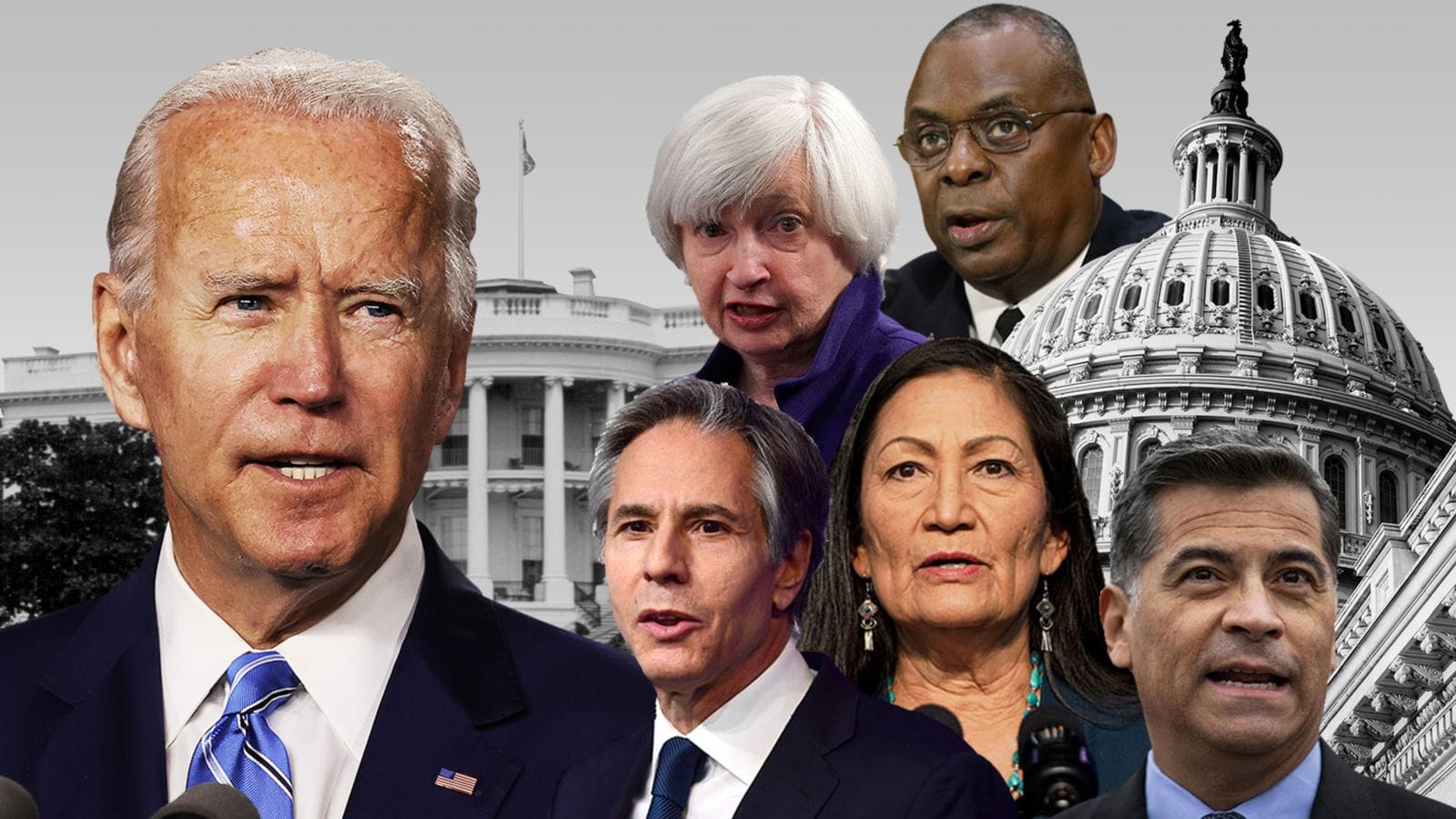In a decisive action reflecting the Biden administration’s approach to foreign investments in key industries, President Joe Biden has blocked Nippon Steel’s proposed $15 billion acquisition of U.S. Steel. This decision has raised eyebrows in both the business community and international markets, as it underscores the administration’s focus on national security and economic stability.
The proposed acquisition, which aimed to consolidate the steel industry and enhance Nippon Steel’s presence in the United States, faced significant scrutiny from various stakeholders. The administration cited concerns that the takeover could jeopardize national security, particularly in light of the ongoing global competition for manufacturing dominance. The steel industry is considered a vital sector for national defense and infrastructure, making it a focal point for regulatory oversight.
The decision to block the acquisition aligns with the broader trend of increasing vigilance over foreign investments in American companies. The Committee on Foreign Investment in the United States (CFIUS), which reviews foreign acquisitions for potential national security risks, played a crucial role in the assessment of the Nippon Steel deal. CFIUS has been increasingly active in evaluating transactions that could affect critical industries, particularly those that involve foreign state-owned enterprises.
Nippon Steel, one of the largest steel producers in Japan, had hoped that acquiring U.S. Steel would allow it to expand its operations and benefit from the growing demand for steel in the United States. However, the administration’s decision highlights the challenges faced by foreign companies seeking to invest in the U.S. market, especially in sectors deemed sensitive to national interests.
The U.S. steel industry has been under pressure in recent years due to various factors, including competition from cheaper imports and fluctuations in global steel prices. The Biden administration has made it a priority to revitalize domestic manufacturing and strengthen the steel sector as part of its broader economic agenda. By blocking the acquisition, the administration aims to protect American jobs and ensure the long-term viability of the domestic steel industry.
The decision has elicited mixed reactions from industry experts and analysts. Some view it as a necessary step to safeguard national interests, while others express concern that such actions could deter foreign investment in the U.S. economy. The balance between protecting domestic industries and fostering a competitive investment climate remains a contentious issue.
In addition to national security concerns, the administration’s decision reflects a growing awareness of the importance of supply chain resilience. The COVID-19 pandemic exposed vulnerabilities in global supply chains, prompting governments to reassess their reliance on foreign suppliers for critical materials. Steel is a fundamental component in various industries, including construction, automotive, and defense, making its availability crucial for economic stability.
As the administration continues to navigate the complexities of foreign investments, it remains committed to promoting domestic manufacturing and ensuring that American workers are not adversely affected by global market dynamics. The blocking of Nippon Steel’s acquisition serves as a clear signal to other foreign entities considering investments in the U.S. that they will be subject to rigorous scrutiny.
Looking ahead, the future of U.S. Steel remains uncertain. The company has faced its own set of challenges, including fluctuating demand and competition from both domestic and international players. While the administration’s decision may provide some short-term relief, it also raises questions about the long-term sustainability of the U.S. steel industry in an increasingly competitive global landscape.
In conclusion, President Biden’s decision to block Nippon Steel’s $15 billion takeover of U.S. Steel marks a significant moment in the ongoing dialogue about foreign investments and national security. As the administration continues to prioritize domestic manufacturing and economic resilience, the implications of this decision will likely reverberate throughout the steel industry and beyond. The focus on safeguarding American jobs and industries reflects a broader commitment to strengthening the U.S. economy in an era of global uncertainty.



